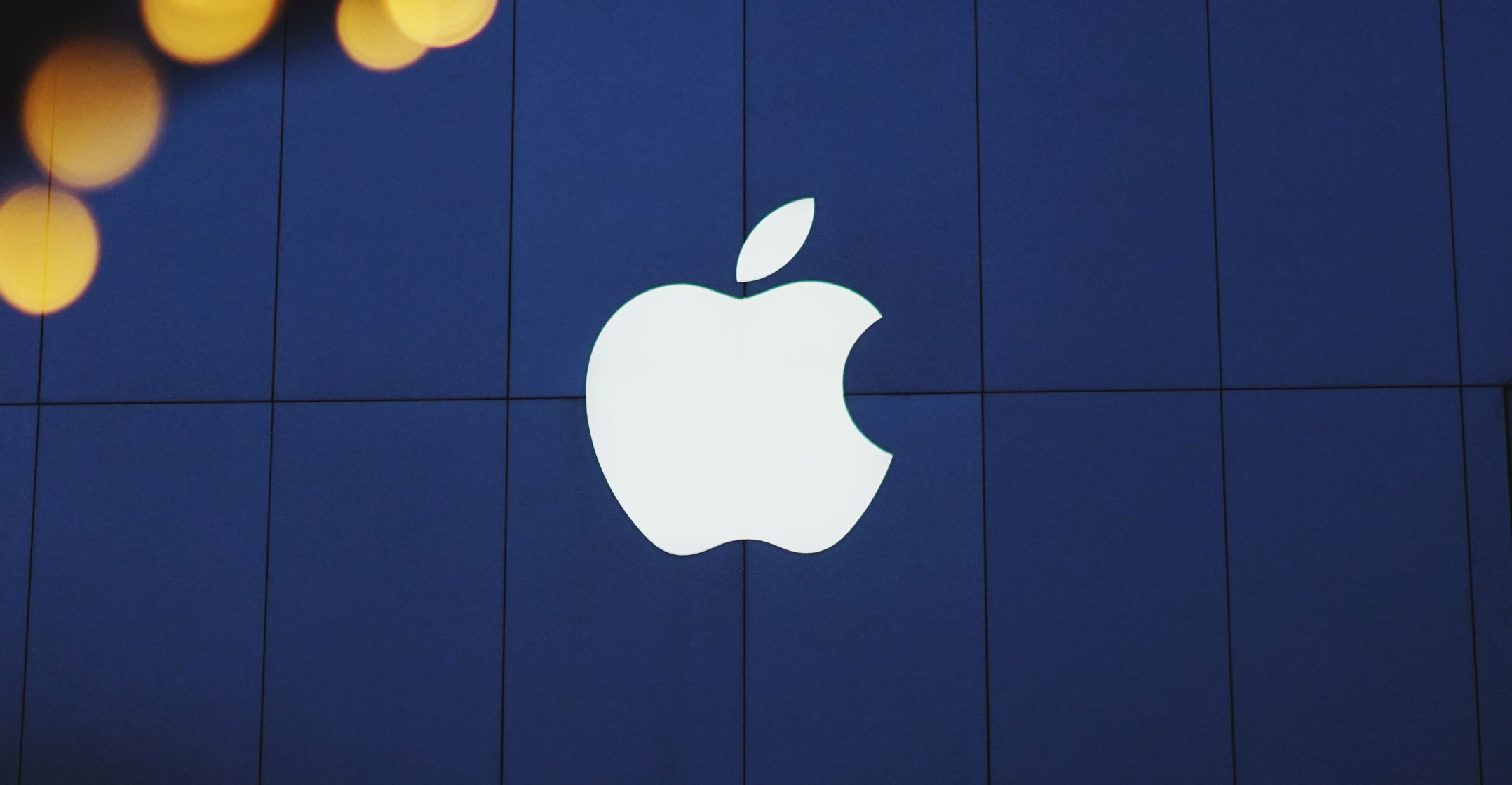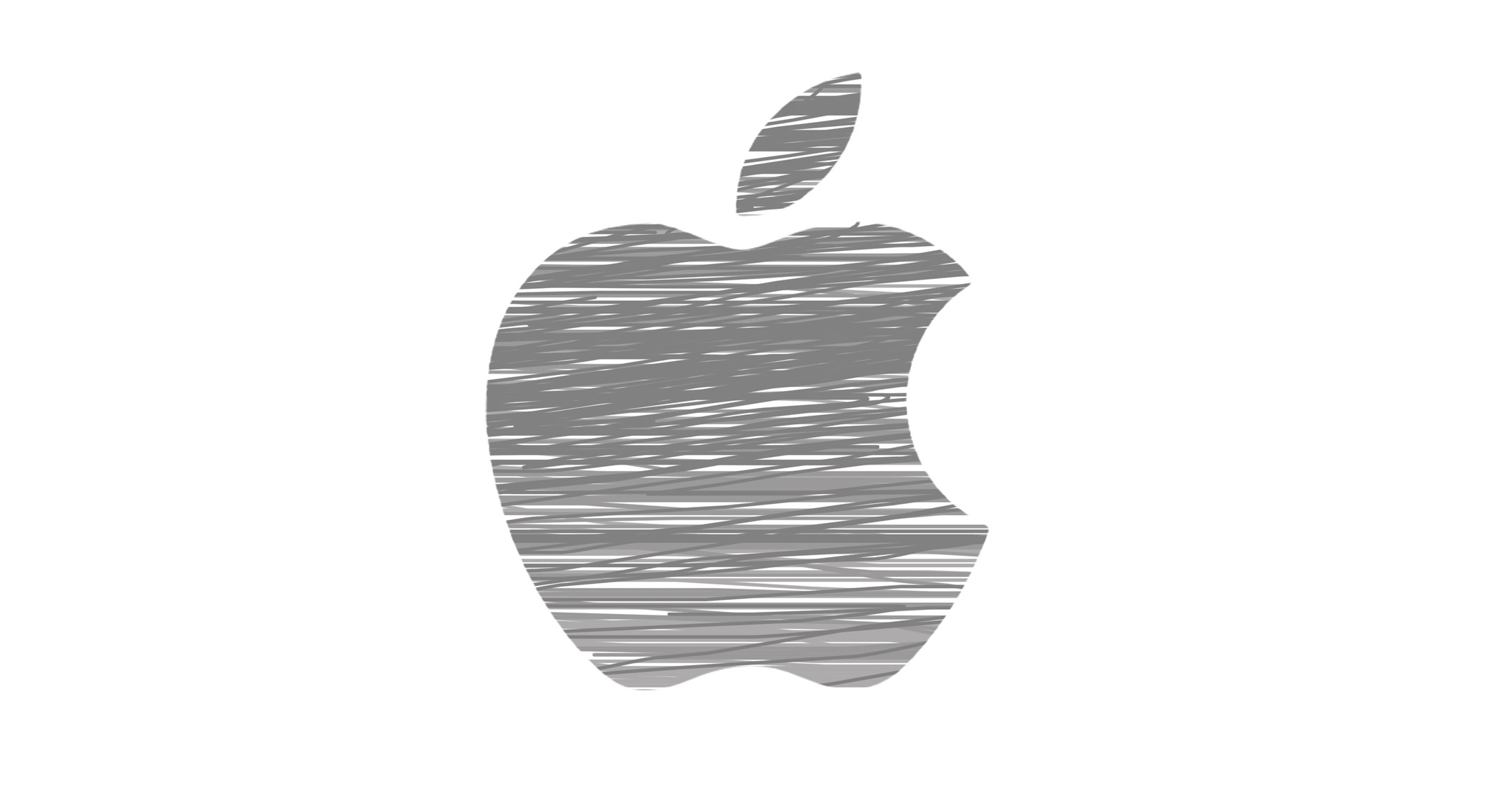
[dropcap]F[/dropcap]or the first time in years, Apple will use its annual developer conference to tout not just its software, but hardware too.
When the Worldwide Developers Conference kicks off on Monday in San Jose, California, the iPhone maker is likely to unveil iPads and Mac laptops along with new versions of the operating systems for those devices, according to people familiar with the plans. Cook may even lift the cover on a smart speaker based on the Siri virtual assistant.
It will be the first time Apple has presented new hardware at the conference since 2013. CEO Tim Cook has for more than a year been showcasing the strength of Apple’s services businesses, such as the App Store and iCloud storage, in part a reflection of a dearth of new blockbuster gadgets and slowing growth for Apple’s flagship product, the iPhone. Now as the device pipeline fills, the company is shining more of the spotlight on hardware to woo the developers needed to create accompanying apps.
The company will also try to win over programmers with updates to Apple’s operating systems for computers, mobile devices, Apple TV and Watch.
“They’re there to spoil the developer community,” said Shannon Cross, an analyst at Cross Research.
Debuting a smart speaker competitor to Amazon.com’s Echo and the Google Home at WWDC would be a logical step, since it would give developers the tools to build apps for the device before its release later in the year.
“They may not be able to put enough information into the developer community without showing them the hardware, too,” said Brian Blau, an analyst at Gartner. “It will be part of a broader strategy that says these are devices that are interesting now and we need to let our customers know about them.”
Smart speaker
Amazon makes little or no profit selling the high-end US$179 Echo, which mostly serves as a foothold in consumers’ homes and a way to get them to sign up for Amazon Prime and buy more products. Google Home, which sells for $129, is a window to Google’s plethora of services from Search to YouTube Red music streaming and its Calendar app.
It isn’t yet clear how much Apple will charge for its own smart speaker. But it may also be a play to boost the profitable services business, which last year generated revenue of more than $24bn — or 11% of total sales. There’s plenty of incentive for developers to get behind the new gadget. So far this year, they have reaped about $10bn from the App Store.
WWDC follows similar events held recently by Facebook and Google. At those gatherings, the software giants sought to burnish their credentials in augmented reality and artificial intelligence. Like Google, Apple has been developing its own dedicated processor for AI, according to a person familiar with the plan. Analysts expect Apple to show off improvements to Siri and advances in AR technology as part of the iOS 11 mobile operating system, which will hint at features in the next iPhone to be introduced later this year.

“AI will play a larger role with this release by leveraging enhanced capabilities around Siri,” Brian White, a Drexel Hamilton analyst, wrote in a note to clients. “Given our view that the 5,8-inch iPhone 8 will come with 3D sensing technology, we expect some AR-related features to be integrated into iOS 11.”
The updated operating system will also include the second revamp of the Apple Music streaming service in as many years. With the company planning as many as 10 original television series by the end of this year, the update will make video content far more prominent, Apple’s music guru Jimmy Iovine said in April. — Reported by Alex Webb, (c) 2017 Bloomberg LP




